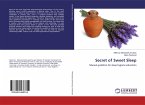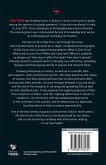There has been a growing international discourse regarding the experiences and needs of children living with a parent with mental illness. However, there remains a paucity of research and dialogue surrounding the experiences of adult children who have lived with childhood parental mental illness. The limited available research which considered adult children highlighted increased risks of anxiety, depression, suicide, and limited psychosocial functioning. Furthermore there is a limited discourse surrounding the adult child's own parenting role. Qualitative research which invites adult children to construct their parenting narratives, (being parented and their own current parenting role) is unique. Methodology A social constructionist philosophy was adopted to underpin the study. A Partnership Framework for a Reflexive Narrative for Researcher and Participant was generated specially for this study. Participants were invited to meet with the researcher if they had experienced childhood parenting by a parent with a diagnosed mental illness and if they themselves, had not been diagnosed or treated for mental illness. During a metaphorical research space, the researcher met with individual participants to work in partnership to construct their narrative of being parented, alongside their own parenting role. A multistaged thematic analysis process was used thereafter. In addition, a chronological mapping of participant's experiences highlighted important themes from childhood, the teenager period, adulthood, and subsequent adult children's parenting journeys.
Hinweis: Dieser Artikel kann nur an eine deutsche Lieferadresse ausgeliefert werden.
Hinweis: Dieser Artikel kann nur an eine deutsche Lieferadresse ausgeliefert werden.








